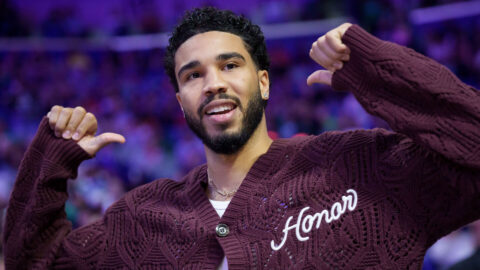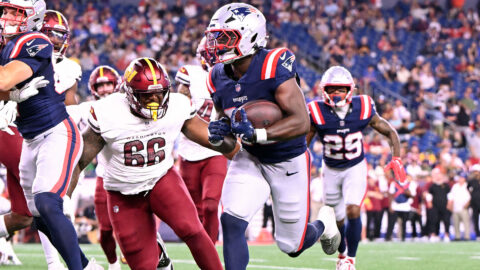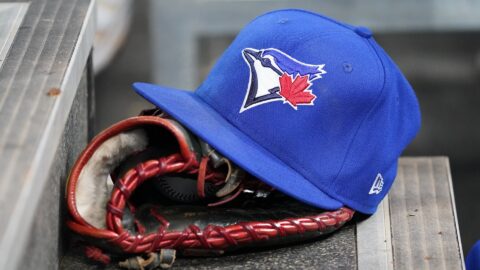We're now counting down the hours until the NBA's collective bargaining agreement expires Thursday at midnight and the owners, in all likelihood, lock the players out for an extended period of time. It's been a long time since this problem last arose — so long, in fact, that few of today's active players can remember the last one.
But there is a small handful of players who were in the league during the prolonged work stoppage that began in the summer of 1998. One of them, Suns veteran Grant Hill, spoke this week to Marc Spears of Yahoo Sports and reflected on the last lockout with no regrets.
"It's always worth it," said the 17-year veteran. "I think you learn a lot. I think it's worth it. I think the game recovered. The game is in great shape now. I think both sides are very smart and understand sort of what's at stake. I'm confident they will figure out what’s best for the game."
Hill speaks from a position of experience, wisdom and perspective. And he's a smart guy, so when he speaks his mind, people should listen.
Then again, easy for him to say.
Hill grew up comfortably in an upper-middle-class family in suburban Washington, D.C. His father was a Yale graduate and an All-Pro NFL player; his mother graduated from Wellesley, where she roomed with Hillary Clinton. Hill grew up privileged, got a full ride to Duke, and went on to make over $130 million (and counting) playing pro basketball.
Hill has never had to worry about money a day in his life.
Not everyone in the NBA is like Hill, though.
For every guy in the league who's already made millions and now has nothing to lose, there are plenty more that remain insecure about their next paycheck — guys who have made down payments on their homes and cars, but now risk being up to their eyeballs in debt if they don't get paid next season.
Not everyone in the league is a multi-millionaire. You look in that Phoenix locker room and you'll see Hill and Steve Nash; you'll also see Gani Lawal and Garret Siler. There are a lot more guys from the latter group than the former.
This is why every time a lockout rolls around, in the NBA or in any other sport, the deck is always stacked against the players. It's simple: They have way more to lose.
Every single owner is rich. When you're a billionaire, it's easy to play high-stakes poker and bluff with a few million. Not every player has that same luxury.
For a counterexample to Hill, let's take a look at some comments from another well-known NBA veteran — only this time, let's zoom back in time 13 years.
Paul Pierce, now a superstar and a Finals MVP (not to mention the Celtics' player rep as we enter this lockout mess), wasn't always in his position of fortune and fame. In the summer of '98, he was a 20-year-old kid out of Kansas, desperate to earn his first paycheck. Take a look at his comments from back in '98:
"It's terrible," he told the New York Daily News that summer. "I don't have [a source of income] right now. I got loans, that's about it. It's an anxious time. I want to have a good start. I just have to be patient."
The majority of NBA players are not 2011 Hill. They're 1998 Pierce.
Every time you pit the diverse group of players against the uniformly rich group of owners, the owners win. The old sports cliché is about players winning because of "wanting it more;" in this case, it's the reason they lose. They have too much invested, both literally and figuratively.
The owners want a lot of things this summer. They've been clamoring for non-guaranteed contracts, franchise tags, and of course the infamous "hard" salary cap. For the most part, all that stuff is a diversion. The bottom line is they want a bigger slice of the pie; right now, the cap is set at 57 percent of the teams' revenues, and the owners want it reduced to 50-50.
They're going to win, whether it takes a couple of days or many, many months. Eventually, inevitably, the owners will have their way.
The players' first payday comes Nov. 15. If that day passes with no deal in place, all hell will break loose. Some guys, like Hill, will lose a few bucks and not care. But those guys are in the minority.
This lockout is about the little guy. The little guy can't afford to lose this fight.



